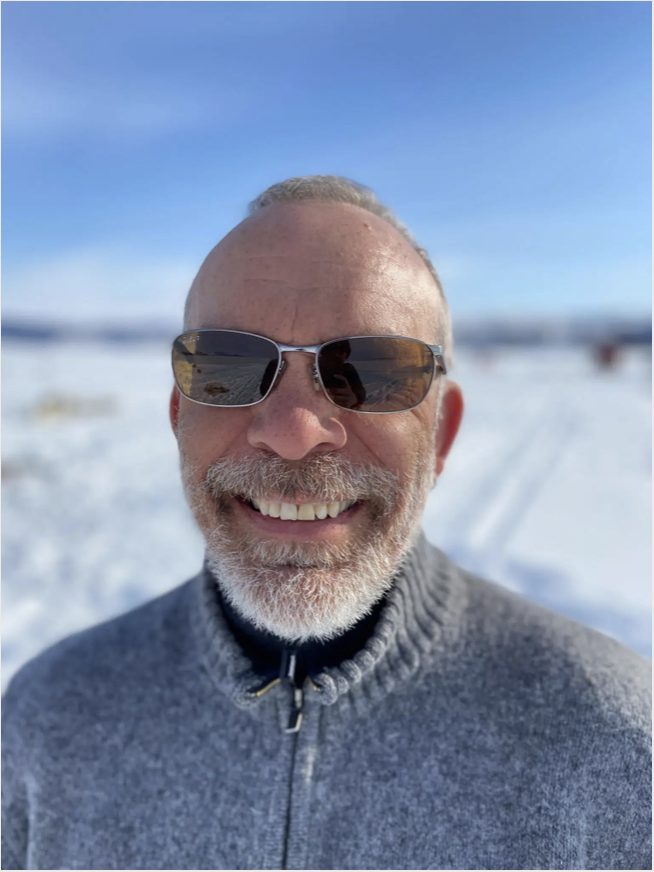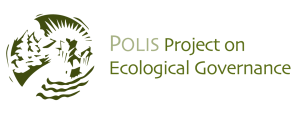
Dr. Gleb Raygorodetsky is an award-winning author and Indigenous peoples’ ally. Over the last three decades, Gleb has been helping to sustain and enhance biocultural heritage and wellbeing of Indigenous peoples and local communities. He is a long time advisor and collaborator on POLIS Biocultural Ethics initiatives.
Born and raised in a coastal village in Kamchatka, USSR, Gleb is a biocultural heritage expert, with three decades of practical, research, and leadership experience in the areas of Indigenous-led community-based conservation, monitoring and research; climate change resilience; knowledge sharing and co-creation; storytelling; and philanthropy. He has worked for, collaborated with, and written about Indigenous peoples around the world.
Gleb’s professional experience has ranged from developing and implementing knowledge coproduction, community-based research, and climate change resilience initiatives; to designing and implementing regional and global multi-million grant making programs to support community-based and community-led initiatives of Indigenous and local communities. In all these endeavors, he has worked hard to nurture the environment of equitable and respectful collaboration between Indigenous and local rights-holders, their allies, researchers, and decision makers.
Gleb is also an award-winning author, skilled at presenting complex issues in a clear and concise manner, making them relevant to the audience and decision-makers. His writing and photography have appeared in print in such magazines as in Earth Island Journal, Biodiversity, Mongabay, Cultural Survival, Alternatives, Scientific American, and National Geographic. In his award-winning book, The Archipelago of Hope: Wisdom and Resilience from the Edge of Climate Change, he documents how the inextricable relationship between Indigenous cultures and their territories forms the foundation for climate change resilience around the world.
His next book, Guardians of Life: Indigenous Knowledge, Indigenous Science and Restoring the Planet, is a collaboration with National Geographic photographer Kilii Yuyan and a group of authors. It will be published by Braided River in Spring 2026.
Gleb recently retired as the Director of the Community Based Monitoring & Knowledge Unit, Alberta Environment and Parks, where he guided the work of co-developing and supporting the systems, processes, tools, and networks in Alberta for community-based monitoring based on respectful knowledge sharing and coproduction between Indigenous, local and scientific knowledge systems. He continues to support various global, national and local Indigenous partners, networks and organizations, including the Indigenous Protected and Conserved Areas Consortium.
Visit Gleb’s website.


